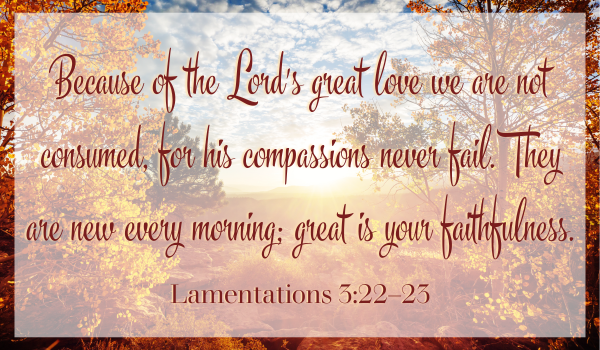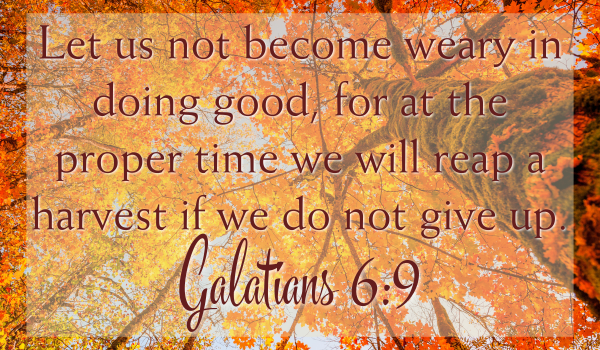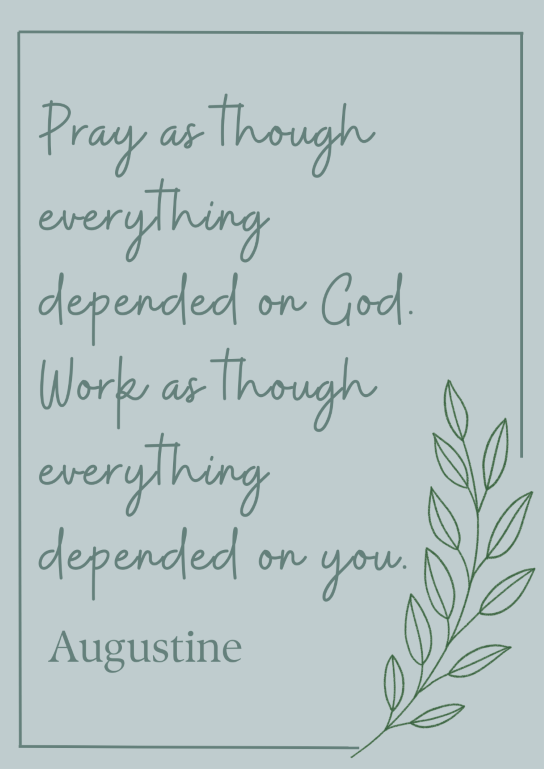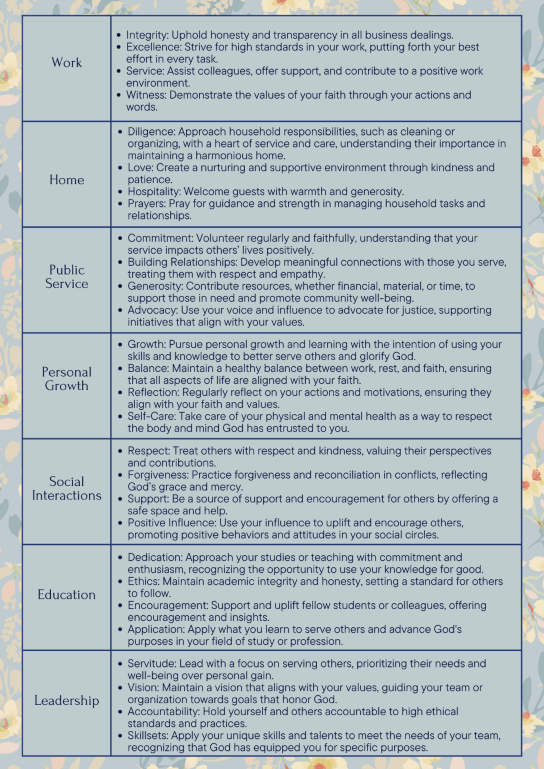Autumn: The Exemplar of Renewal
Autumn carries a magical charm, the leaves turn brilliant shades, the air grows crisp, and the world around us begins to quiet. As the world around us slows down, shedding the old to make way for the new, it's an invitation for us to do the same.
Releasing the Old

The leaves lazily drifting downward from the branches from which they grew is a reminder that autumn is a season of letting go. The trees release their vibrant leaves, shedding what has served its purpose, preparing themselves for the stillness of winter. Through this act of surrender, the natural world sets an example for us to follow. In the same way that the trees release their leaves to make room for new growth in the spring, God calls us to release the sins, burdens, and old habits that weigh us down, keeping us from fully embracing the life He has prepared for us.
Letting go is not always easy. It can feel vulnerable to surrender control or to face the discomfort of change. Yet, autumn shows us that through the process of regeneration, there is beauty and strength in release. When we release our sins and lay down our burdens before God, we open ourselves up to His healing and renewal. So, as you witness the beauty of leaves falling, take a moment to consider what God may be asking you to release- let autumn inspire you to let go of the old so that the new can take root and flourish in your life.
Preparing for the New

As autumn fades and winter approaches, the Earth discreetly prepares for what lies ahead. Beneath the fallen leaves and frost-touched ground, the earth is at work, storing energy, enriching the soil, and preparing to burst forth with new life in the spring. This season of preparation is essential; without it, the ground would not be ready to sustain the fresh growth that will follow.
Much in the same way, we need periods of downtime from our busy lives to look inward to refocus on the behind-the-scenes groundwork for our future endeavors. Autumn invites us to pause, reflect, and prepare ourselves for what God wants to do in our lives. Preparing for renewal means aligning our minds and spirits with God’s will so we are ready to blossom anew when the time is right. Take this time to take stock of your spiritual well-being and any areas where it may have become hardened or complacent. This might look like dedicating time to prayer, immersing ourselves in Scripture, or simply embracing moments of stillness to hear God’s voice. When we set aside distractions and refocus on Him, we are earnestly readying ourselves for spiritual growth.
Purposeful Reminiscing

Harmoniously, as the year draws closer to an end, the vivid hues of autumn dwindle into softer tones. Deep within the soil, trees tuck away precious nutrients in their roots, a quiet reservoir of strength that whispers life through the long, silent winter. Likewise, this hushed lull provides an opportunity for us to look back over the past year, taking note of and drawing strength from God’s thorough commitment and loving presence in our lives.
Make time to decompress and recollect the abundance of blessings that have made an appearance over the last eleven months. Consider the highs and the lows- the unexpected provisions, answered prayers, trials, and the courage to endure; seek to recognize all of the hidden ways that He carried you through challenges, provided for your needs, and renewed your spirit. Celebrate His love that has seen you through another year and take comfort in knowing that the same God who was faithful yesterday will continue to be faithful in the days to come.
Laying the Groundwork for the Future

A testament to the belief that the efforts of today will yield blessings in the future, farmers use this time to plant seeds that will lie dormant throughout the winter, awaiting the enticing warmth of spring to trigger their growth. In this regard, Autumn encourages us to focus on the long game. Like the farmer who trusts that buried seeds will one day bring forth life, we must trust that God is at work beneath the surface, preparing something beautiful to bloom.
Now is the time to invest in the unseen— Every small act of faith, every moment spent in God’s presence, and every seed of love we plant will eventually bear fruit.
Accepting Autumn’s Call
From its colorful and bright colors to its gentle descent into winter, Autumn offers us a precious opportunity to mirror the natural world by letting go of the old to prepare for what lies ahead. When we answer this call, we can enter the coming months rejuvenated and ready to experience the fullness of God’s love and the new beginnings He has in store for us.
-Torrance Community Church of Christ






